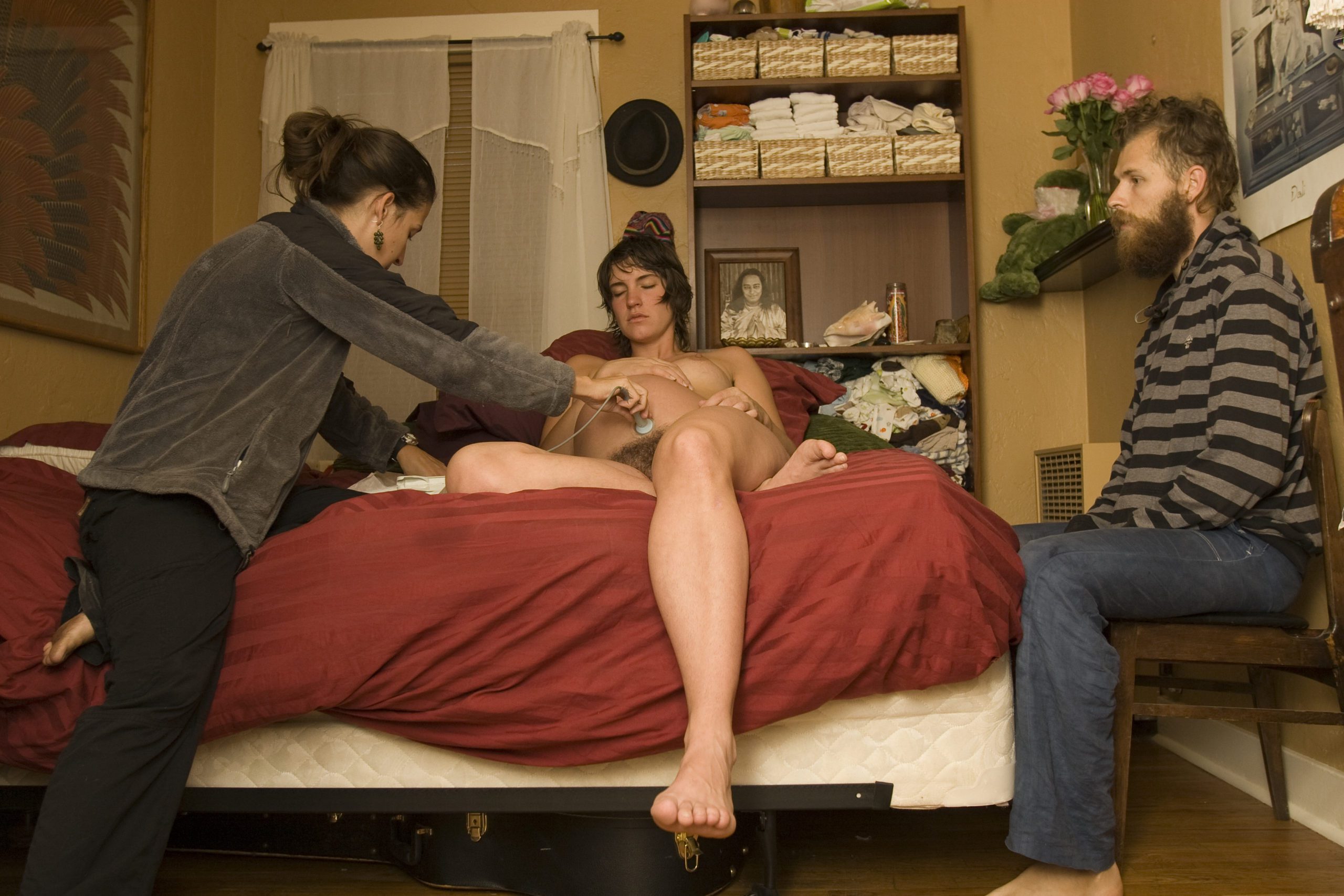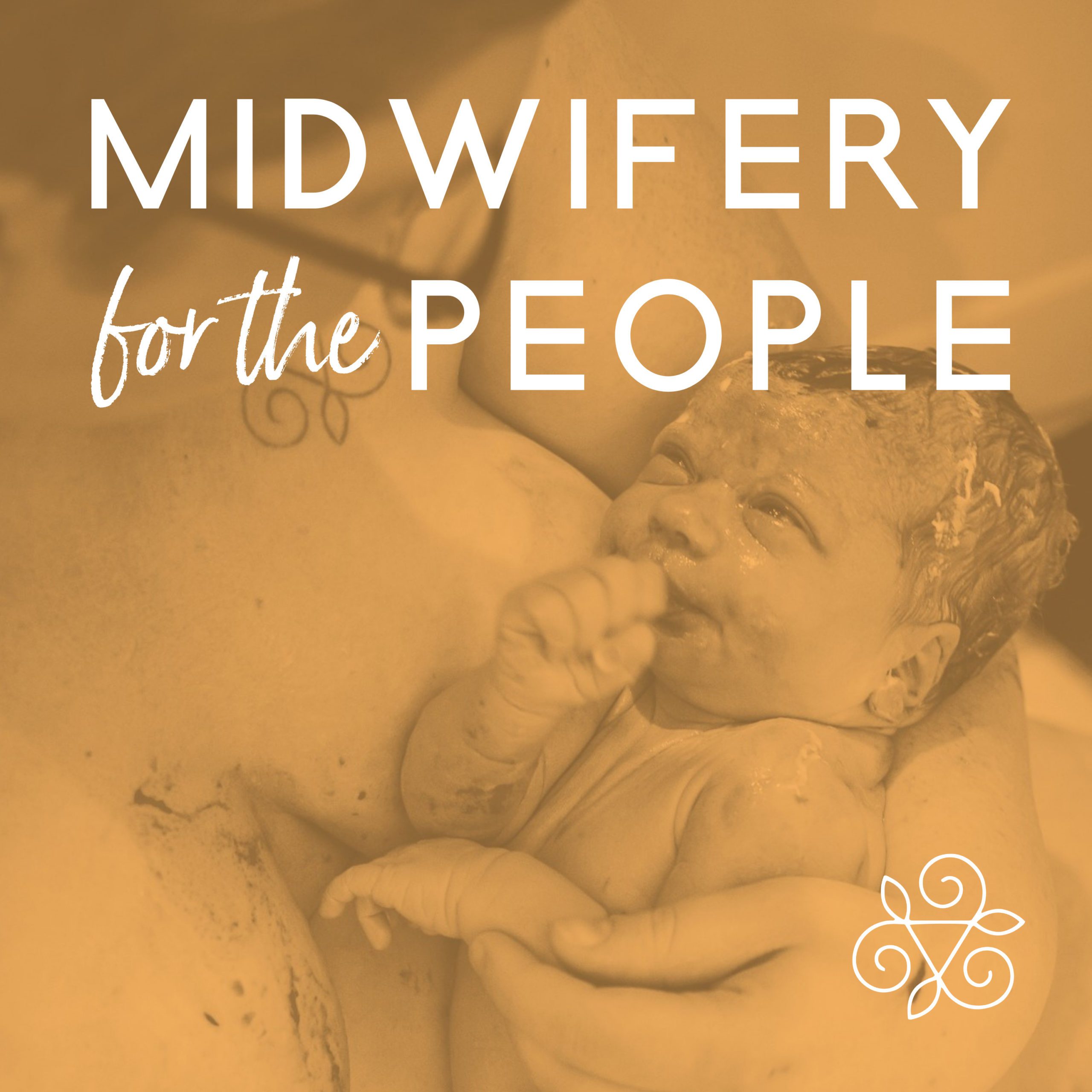Women often focus most of their planning on the birth itself, not anticipating the intensity of the learning curve when it comes to breastfeeding. They often assume that this part will come naturally, and can feel surprised or upset if it doesn’t. If I could stress anything, it is to be gentle with yourself. We are so often critical of ourselves, more so than with others, and this self-criticism can affect the start of breastfeeding. You are beginning a whole new relationship with a brand new person. There is no perfection here, no grades, no getting it right. There is just this one moment, just you and your baby and the breath flowing in and out of your body, and the milk flowing from your breasts to nourish your child. If I had just a few minutes to talk with a pregnant mom who was planning on breastfeeding her baby, this is what I would say to her:
Preparing for breastfeeding begins when you are pregnant.
This has nothing to do with the advice pregnant women used to get to “toughen their nipples” before birth (which I wouldn’t recommend). Pregnancy is preparing your body to breastfeed. The hormones in your system–notably prolactin, estrogen, progesterone, and human growth hormone–are developing the glandular tissue in your breasts, and by the end of your second trimester, you are capable of producing milk. So your body is doing all the work you need to do to physically prepare for breastfeeding. Mentally and emotionally, you can get ready by informing yourself about the process. Take a breastfeeding class. Go to a La Leche League meeting when you are pregnant to ask questions and meet other nursing moms. Consider encapsulating your placenta, or having someone encapsulate it for you. Many women who have done this find that ingesting their placenta in capsule form smooths their postpartum recovery, reducing healing time and mood changes, and increasing their milk supply. Watch other mothers breastfeeding–it’s amazing how many women never see a baby breastfeed until they are nursing their own baby. This can cause confusion, since without seeing what a good latch looks like or how to position the baby, it can be challenging to do it yourself. Lastly, prepare yourself for the birth, as interventions and medical procedures commonly done during labor can have a profound effect on initiating breastfeeding. Be an active participant in your birth process. Have support–hire a doula or work with a midwife. Know what breastfeeding resources exist in your community before you need to call on them.
Plan to spend the first few weeks doing little besides breastfeeding and bonding with your new baby.
After the birth of your baby, the early postpartum period is a time of intense bonding with your baby. You are both trying to learn a new skill–breastfeeding–that is natural, yes, but doesn’t always come easy to everyone. Take a “breastfeeding vacation” for a few days, with as much skin-to-skin contact and snuggle time with your baby as possible. Let your baby eat on demand, and learn his cues for hunger, fatigue, and contentment. Especially during the first few weeks, your body is figuring out its capacity to make milk. Your milk-producing cells are laying down a network of prolactin receptors in the first weeks that will more or less set your body’s capacity to produce milk for your baby, and removing that milk as often as possible will help to stimulate more prolactin receptors to develop. I cannot stress enough how important these early weeks are with your baby. Do what you need to do to rest and feed your baby. Get help around the house. Have friends throw a load of laundry in the washer when they come to visit, and get people to bring you dinner. Your job in the beginning is just to feed the baby.
Calm your baby before feeding.
If your baby is upset, your job is to calm him down before feeding. A frantic, crying baby is too mentally stressed to learn a new skill like breastfeeding, and likely won’t latch on well. Learn soothing techniques and use them. Babies instinctively know how to suckle, and when they are calm and feeling safe and relaxed against mama’s skin, near her breasts, they will eventually express an interest in feeding and can show you what they already know how to do.
Problems are easier prevented than treated.
If you are having any challenges getting breastfeeding started, get help sooner rather than later. A good, deep latch and proper positioning of the baby are the two key pieces of comfortable, efficient feedings, and can prevent most of the common problems that arise. If you are having sore nipples or your baby doesn’t latch well, get help from a breastfeeding specialist like an international board certified lactation consultant (IBCLC) or call your La Leche League Leader. Good support and posture are crucial. Use a supportive pillow, put your feet up, get comfortable yourself, and then get the baby settled. Hold the baby so that his posture is aligned: ear level with hip, well-supported at the nape of his neck and his shoulders, putting no pressure on the back of his head. The cross-cradle position is an excellent one if you are experiencing any soreness, as it makes it possible for the baby to get a nice, deep latch, which will, in turn, both remove milk more efficiently (stimulating your body to produce more), and protect your nipples to prevent pain.
If it takes a while for you and your baby to get the hang of it, be gentle with yourself.
You have just done some amazing work giving birth, and your role is shifting from that of pregnant woman to new mother. This is a huge transformation in your life, regardless of how many times you may have done it before. Use the breathing techniques that got you through labor to keep you relaxed and calm while feeding. Breathe your love down to your nursing baby, and breathe that love and compassion to yourself. Feel how strong you are, how powerful your body is to create and sustain new life. Know deep in your core that you can do it, that your body was made to do this. As much as you can, let go of your inner critic who blames you when things are not going smoothly. Take a deep breath, smile at yourself, and be fully present with your baby. You are doing an incredible thing by taking elements in your own body and transforming them into the best nourishment you can give your child. Mindfulness exercises can help counteract the stress and fatigue of the early postpartum period. Breathe, relax your shoulders, loosen your jaw. Sense your connection to every other mother, every other woman throughout history who has given birth to a child she grew in her womb and fed with her breasts. Billions of women have done it. You can do it too.





+ show Comments
- Hide Comments
add a comment